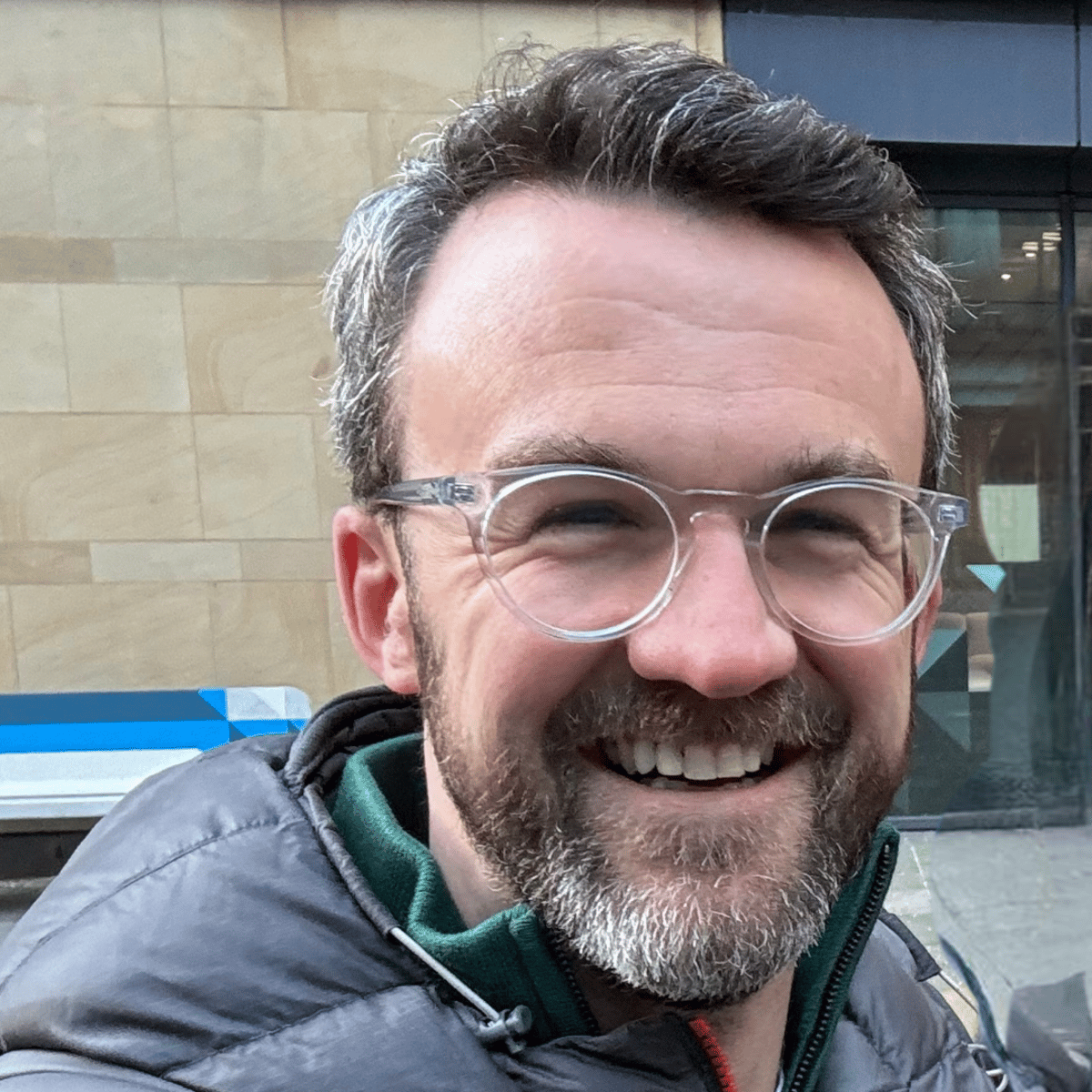Hi {{ first name | there }},
You know when a research interview is rolling… and then the customer leans in with very specific feedback?
That “can I just say...” moment.
Most teams tense up because it feels off-script. I see it as the doorway.
It’s usually where the basic job (what your customer is trying to get done) shows up; and where their firing criteria quietly begins to surface.
The challenge at hand
I get it, you’re trying to run a proper customer research conversation, not a feature request session. But (given the opportunity) most customers will surface concrete frustrations. Because those gaps are stopping them from making progress.
Ignore them and trust erodes. Dive into them and the interview derails.
A better way forward
Treat mid-interview feature feedback as a signal, not a detour.
Acknowledge it, map it to the basic job, and “park-and-probe” so you learn why it matters to them, not just what update they want.
A recent example
Halfway through an interview this week, the participant shifted gears:
“I really want to feel like I’m being heard today [with some of these issues].”
Under the specifics sat the basic job: format reports flexibly.
If they couldn do that, it’s a firing criterion. That single line shifted the whole conversation: from a small improvement request to a deal-breaker criterion.
A tool to help - JTBD Interview Q Sheet
If you’d like a ready-made set of prompts to draw these insights out, here’s a guide you can plug straight into your next conversation:
Grab it 👉 JTBD Interview Q Sheet
The “park-and-probe” move (mini-script)
Acknowledge: “That’s really helpful feedback, thank you so much for sharing your issue”
Locate the job: “Sounds like this is about how you [insert basic need], right?”
Park: “We’ve got it down and will feed this back to the team.”
Probe later: “You mentioned issue-x. What progress is blocked when that happens? What’s the consequence if you can’t do that?”
Why this matters
📝 You separate must-have progress from nice-to-have features.
🗣️ You capture the voice of the customer without turning the session into a roadmap meeting.
🤝 You leave the customer feeling heard and more likely to stay engaged.
The heart of all this is simple: interviews aren’t just about extracting insight. They’re about building trust.
Every time someone feels heard, you’re not just learning, you’re strengthening the relationship with your customers.
Speak soon,
Peter
P.S. Did someone forward you this email? Was it helpful? Sign-up here.
